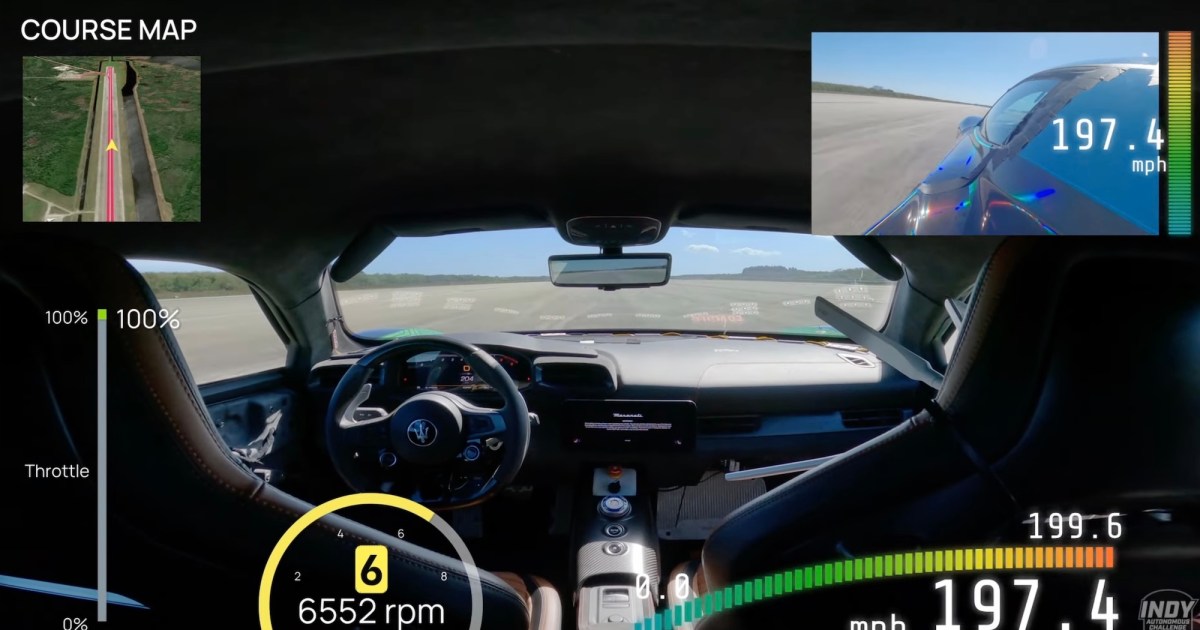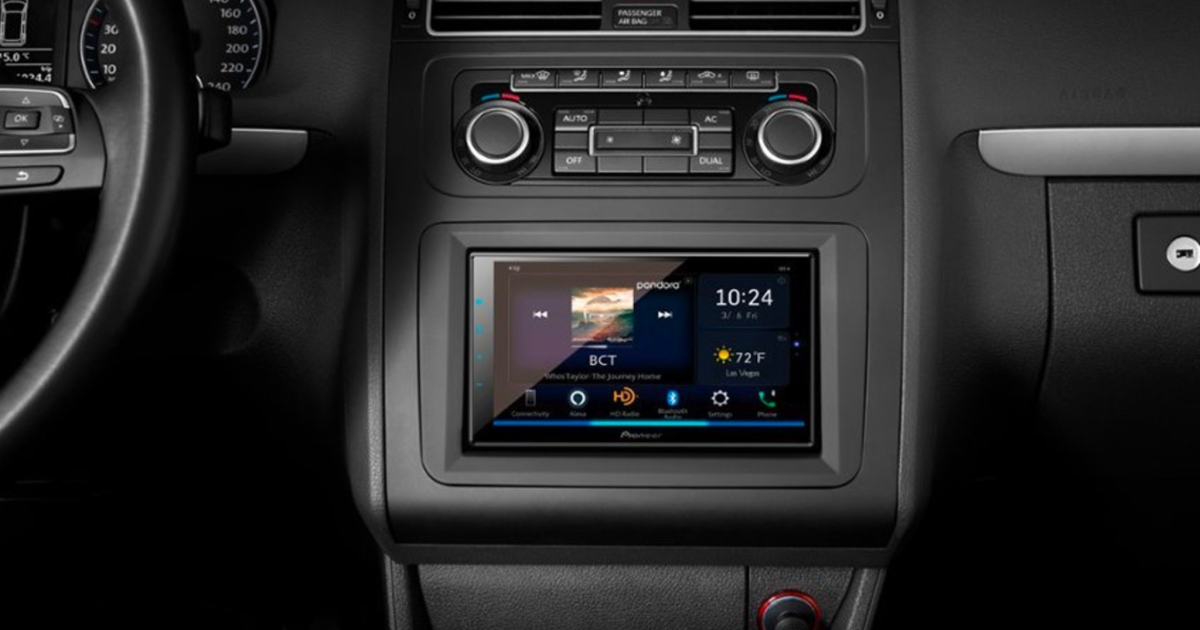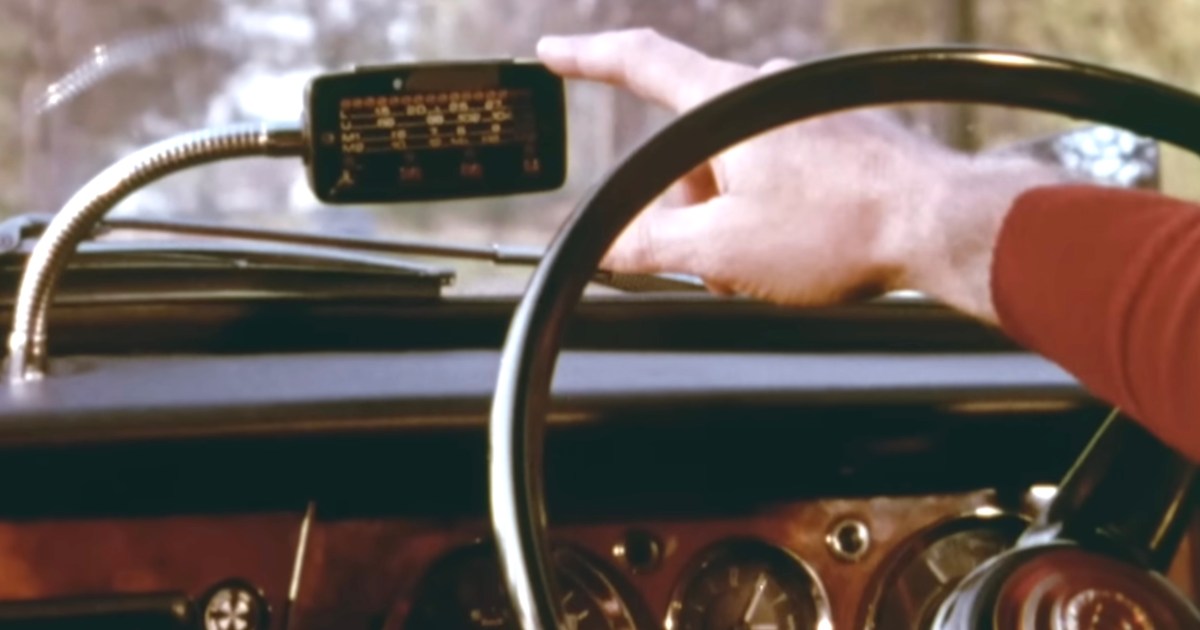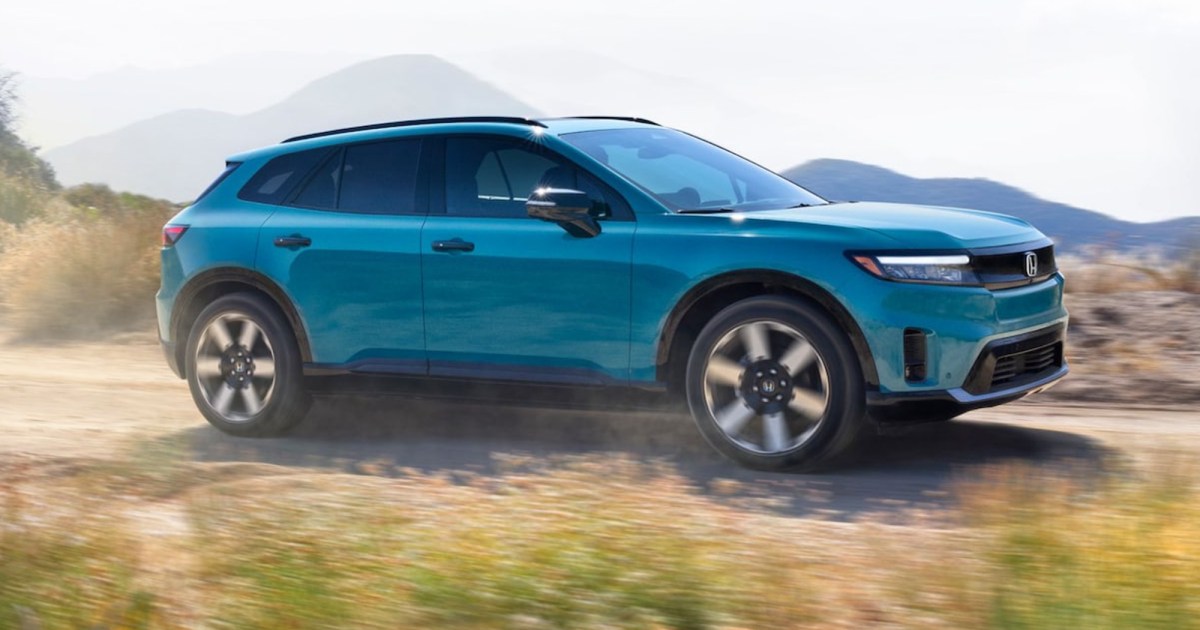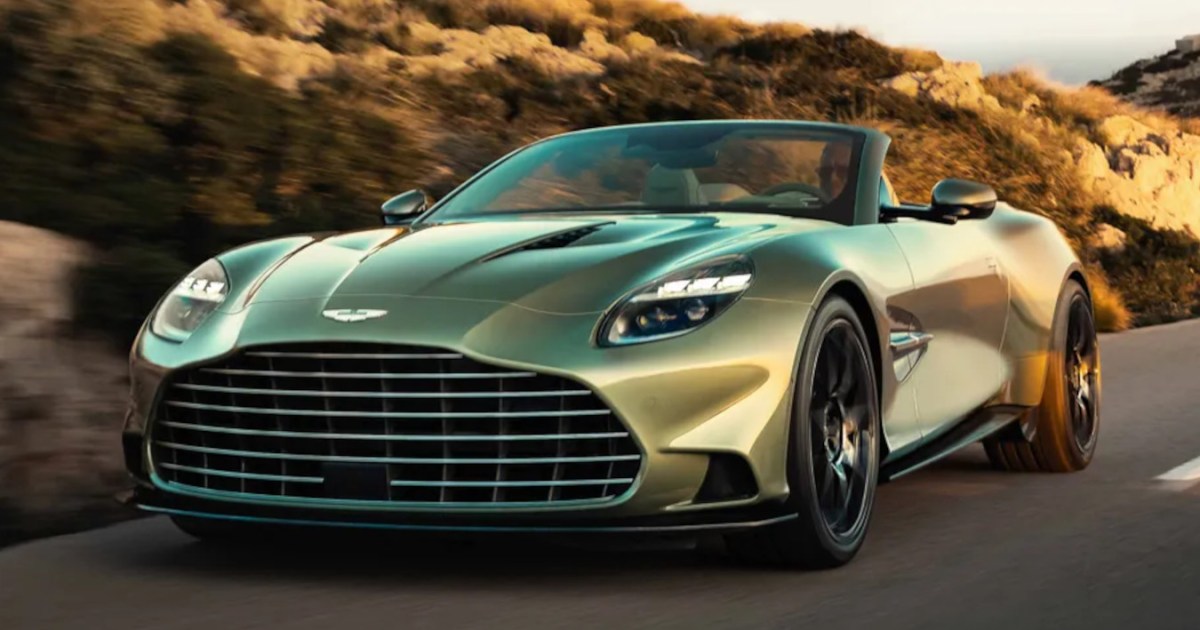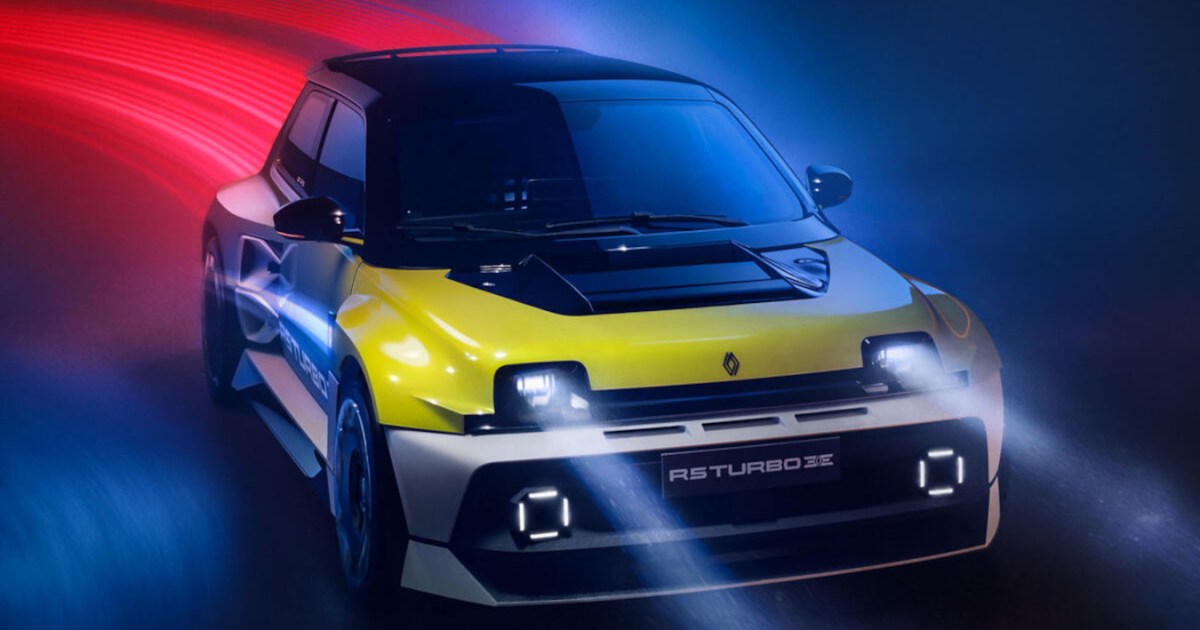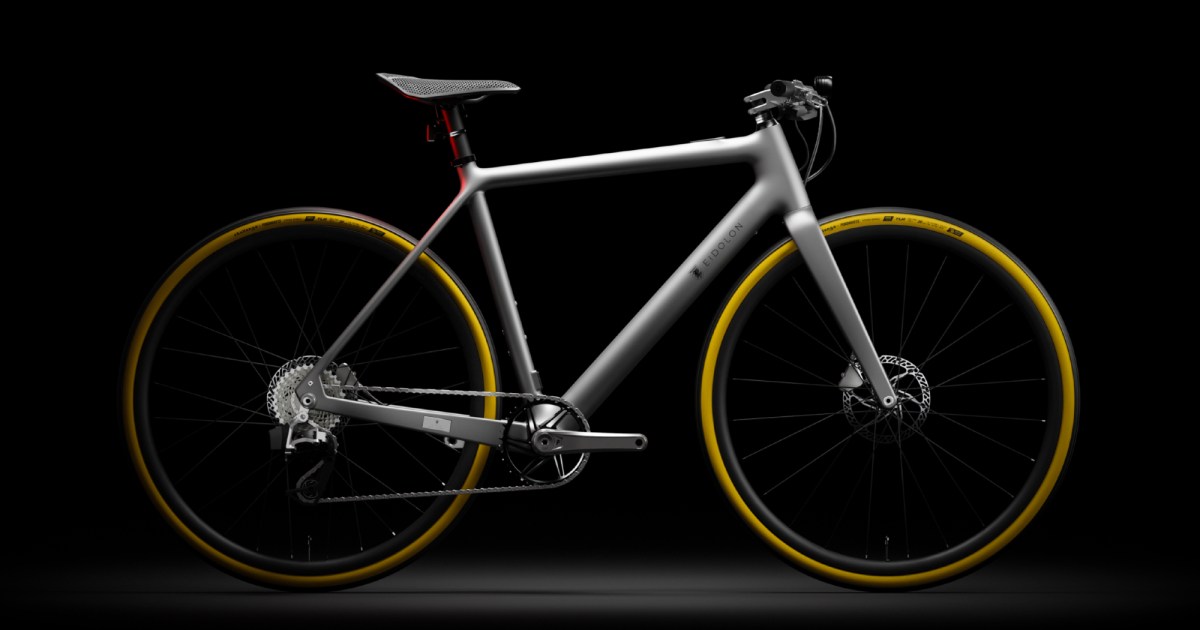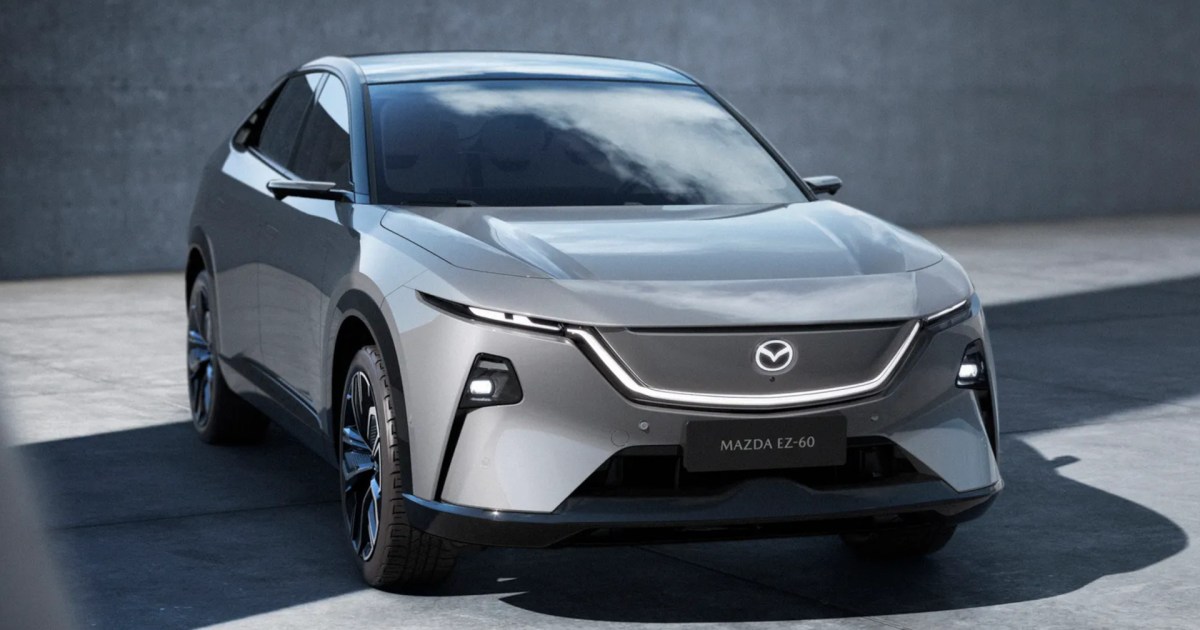The Maserati MC20, driven by an AI system, has achieved a groundbreaking speed record for an autonomous vehicle, reaching an impressive 197.7 mph (318 kph). This feat took place at Space Florida’s Launch and Landing Facility at the Kennedy Space Center, a runway previously used for Space Shuttle landings.
The record-breaking run, captured on video, showcases the self-driving Maserati MC20 accelerating down the runway, with the speedometer steadily climbing to its peak speed. This achievement is the result of a collaboration between the Indy Autonomous Challenge, Politecnico di Milano, Maserati, and the 1000 Miglia Experience Florida. It surpasses the previous autonomous vehicle speed record of 192.8 mph (310.3 kph) set at the Indy Autonomous Challenge in 2022.
The Technology Behind the Record
The Maserati MC20 used for this record-breaking run boasts a twin-turbocharged 3.0-liter V6 engine, capable of generating 621 horsepower. For this autonomous endeavor, it was modified with AI driver software developed by the PoliMOVE-MSU team, part of the performance division of AIDA (Artificial Intelligence Driving Autonomous of Politecnico di Milano).
Pushing the Boundaries of Autonomous Driving
Paul Mitchell, CEO of Indy Autonomous Challenge and Aidoptation BV, highlighted the significance of these speed records, stating, “These world speed records are much more than just a showcase of future technology. We’re pushing AI-driver software and robotics hardware to the absolute edge.” He further emphasized the practical implications, adding, “Doing so with a street car is helping transition the learnings of autonomous racing to enable safe, secure, sustainable, high-speed autonomous mobility on highways.”
Challenges and Future Implications
While the Maserati’s high-speed run didn’t involve navigating turns, traffic lights, or pedestrians, maintaining control at such extreme speeds demonstrates the AI’s precision and responsiveness. Any slight deviation could have resulted in a catastrophic outcome. This achievement underscores the potential of AI in autonomous driving.
From Racetrack to Highway: The Future of Autonomous Mobility
While the prospect of high-speed autonomous commuting in a vehicle like the Maserati MC20 is exciting, current infrastructure limitations pose a challenge. Few roads offer the length and straightness required for such speeds, even with advanced AI at the helm.
This accomplishment marks a significant milestone in the development of autonomous vehicle technology, paving the way for safer and more efficient transportation in the future.



